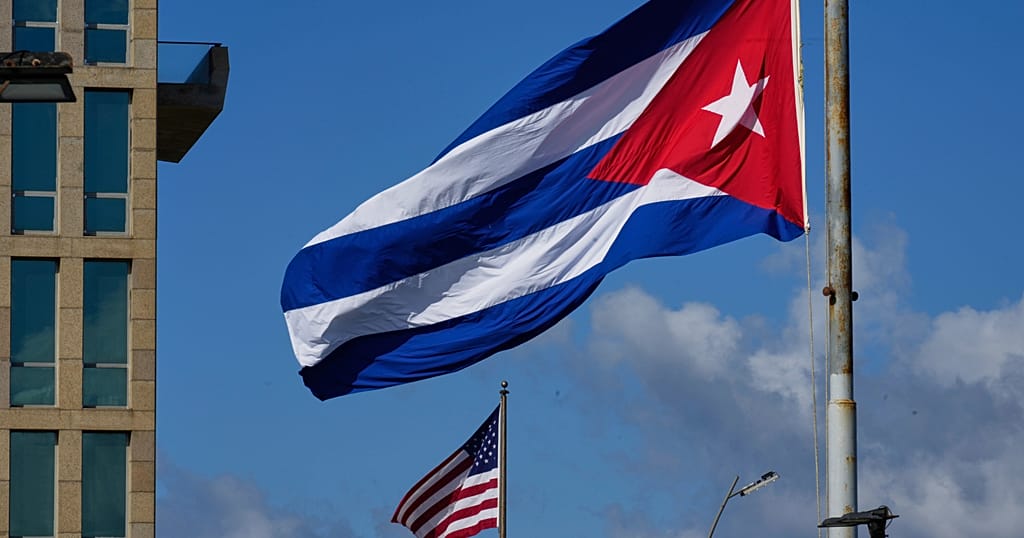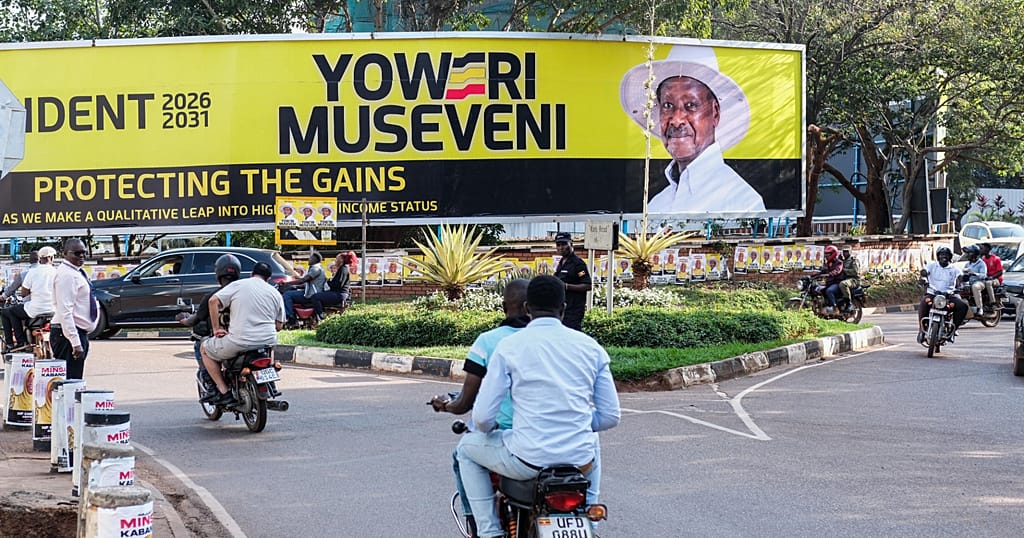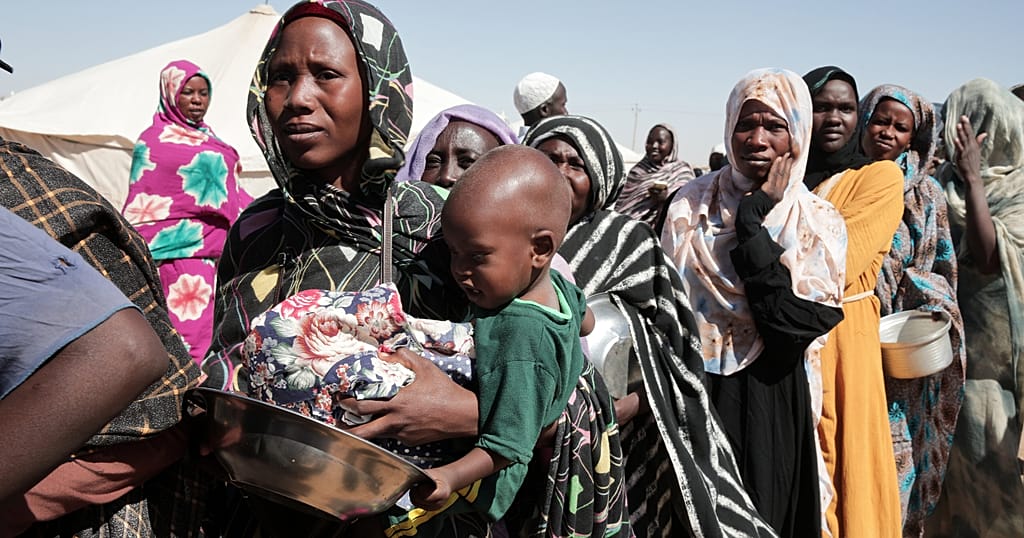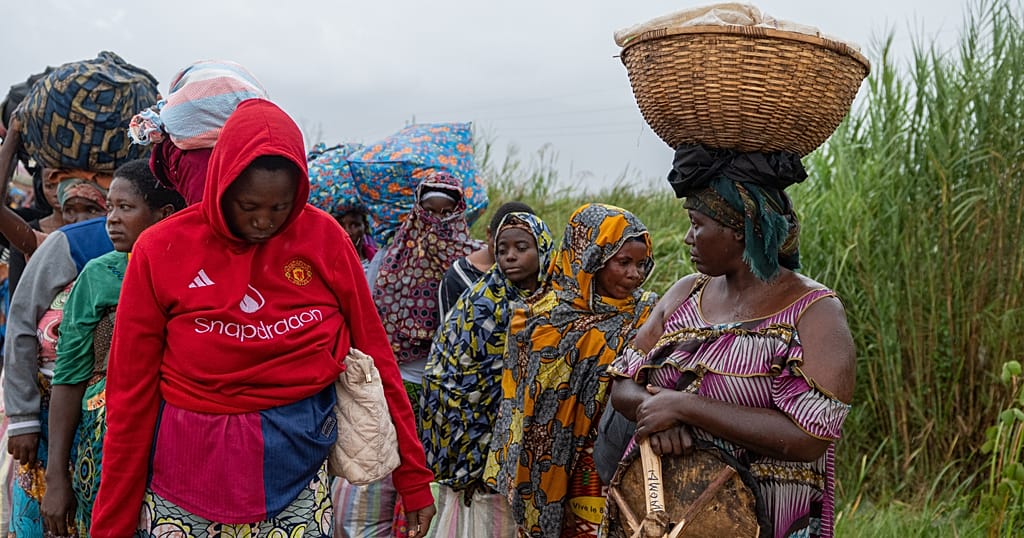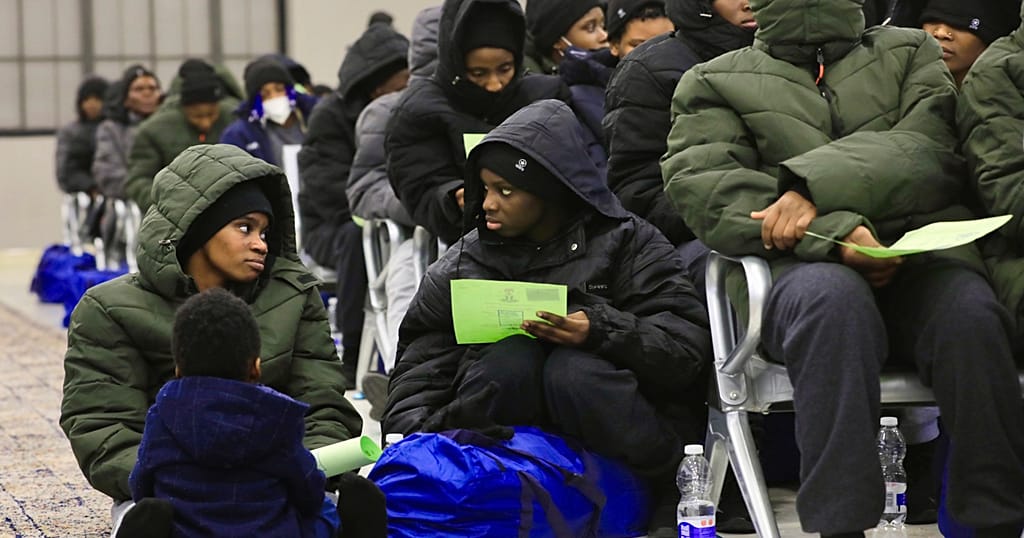Macao’s unique restaurant offers unique taste from different continents

This restaurant is keeping a little piece of Macao heritage alive.
It specialises in Macanese food, a mix of Portuguese and Chinese cooking, combined with flavours and ingredients that Portugal got from its other colonies, from Africa to India and South East Asia.
As the former Portuguese colony approaches the 25th anniversary of its return to China, it’s this fusion food which is in danger of disappearing.
Restaurants with knowledge of the cuisine are shrinking in number as their owners retire.
But at the family-run Restaurante Litoral, it’s very busy during lunch service, even on weekdays, with crowds of locals and tourists.
“For us who travel from other places, we can experience such a masterpiece which is a fusion cuisine of exotic Portuguese and Chinese,” says Anne Gao, a tourist from mainland China.
Local Timothy Leung is having a lunch meeting with his colleague. He never takes the food for granted.
“The local Macanese cuisine is part of our cultural heritage and is a special characteristic of Macao. I think it can attract tourists from Southeast Asia and mainland China which would be helpful to Macao’s economy,” he says.
The owner, Manuela Sales da Silva Ferreira, is now in her 70s, and she’s still using recipes passed down from her grandmother.
Born in Macao in 1953, Ferreira grew up in the former Portuguese colony and learnt Portuguese at school, while speaking Cantonese at home to her Chinese mother.
Her father’s ancestors came from Portugal more than 400 years ago.
She opened the restaurant in 1995, four years before Macao’s handover to China.
It was her way of safeguarding Macanese cooking.
“When it was close to the time of the Macao handover, I was worried that our Macanese cuisine and cooking would be lost. I didn’t want it to be lost. We Macanese have been in Macao for over 400 years. At that time, I was already married with children and even my children didn’t ask what Macanese cooking is. They just ate what I gave them – Chinese, Macanese or even just hamburgers. If I don’t do anything, Macanese cooking will be lost,” she says.
Macanese food traditions developed over centuries, with homes and businesses bringing together the cultures of Europe and Asia.
Some of the dishes on the menu offered by Restaurant Litoral are modernized versions of traditional home-made dishes.
One of Ferreira’s favourites is the baked crabmeat which she learned to cook from her mother, who got it from her grandmother.
She thinks that the original from Portugal is crabmeat mixed with cream and pickles and would have been served cold.
Traveling down the generations into Macao, the version at Restaurante Litoral is now served hot, and plated in style.
“In my restaurant, I couldn’t serve the crabmeat just like what my mum served at home, presented casually like a crabmeat lump,” she says.
“In the past, crabs were smaller in size. So I just tried putting the crabmeat mixture on small crab shells and I found that they look cute. Then I decorated them with two Portuguese black olives as the eyes. They look fantastic and even more attractive.”
But Minchi is one of the most well-known and comforting dishes in Macanese cooking and is almost the emblem dish in most families’ recipes.
It’s minced meat fried with potato dices and soy sauce with a sunny-side-up egg on top.
The restaurant also serves African chicken, roasted chicken covered with a paste of coconut, chilli, garlic, shallot and spices,
And there are Portuguese favourites like charcoal sardines, codfish cakes, grilled codfish, seafood rice, and caldo verde, the Portuguese soup, made here with local vegetables.
Chinese make up 89.4% of Macao’s population.
Miguel de Senna Fernandes is the President of Macanese Association which represents local residents who have mixed heritage.
Fernandes thinks there are only a few thousand currently people living in Macao with this special background, but his organization does not have an official figure.
“We Macanese should be proud of our identity because we are special and unique to this city. We are from Macao. Yes, we are different from the Chinese but we should embrace such differences,” he says.
The organisation aims to preserve Macanese culture by organising events within the community.
The city of Macao on the southeast coast of China has a population of around 687,000. Like neighbouring Hong Kong, Macao is run under a “one country, two systems” framework, which allows slightly different rules and regulations to those in mainland China.
After 25 years of its return to Chinese sovereignty, Macao still has Portuguese landmarks like the St Paul Cathedral façade, and the intricately tiled Senado Square.
The 25th anniversary of Macao’s return to China falls on 20 December 2024.
Source: Africanews


